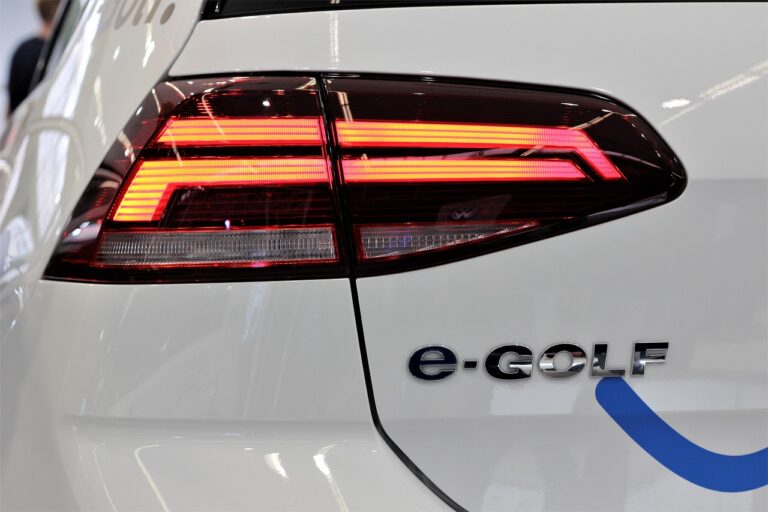The Role of Electric Cars in Reducing Air Pollution
Electric cars are regarded as a more environmentally friendly alternative to traditional gasoline vehicles due to their zero tailpipe emissions. This means that electric cars do not emit harmful pollutants like carbon dioxide and nitrogen oxides into the atmosphere, helping to reduce air pollution and combat climate change. By driving an electric car, individuals can contribute to the improvement of air quality in their communities and help preserve the planet for future generations.
In addition to producing zero tailpipe emissions, electric cars also have the potential to lower overall greenhouse gas emissions when charged using renewable energy sources. By utilizing clean energy sources such as solar or wind power to charge electric vehicles, drivers can further reduce their carbon footprint and lessen their impact on the environment. This shift towards electrification in the transportation sector is crucial in mitigating the effects of climate change and transitioning towards a more sustainable future.
Impact of Electric Cars on Air Quality
Electric cars play a crucial role in improving air quality by emitting zero tailpipe emissions. This means that harmful pollutants such as carbon monoxide, nitrogen oxides, and particulate matter are not released into the atmosphere during operation. As a result, the overall air quality in urban areas can be significantly improved, reducing the negative health effects associated with poor air quality.
By transitioning to electric vehicles, cities can experience a decrease in smog and pollution levels, leading to cleaner and healthier air for residents. Additionally, the reduction in greenhouse gas emissions from electric cars helps combat climate change and its detrimental effects on the environment. Overall, the adoption of electric cars represents a positive step towards sustainable transportation and a healthier planet.
Comparison between Electric Cars and Gasoline Vehicles
Electric cars, known for their environmentally friendly operation, produce zero tailpipe emissions. This stands in stark contrast to gasoline vehicles, which emit pollutants such as carbon monoxide and nitrogen oxides that contribute to air pollution and respiratory issues. The reduction in emissions from electric cars helps in combating climate change and improving overall air quality.
In terms of maintenance, electric cars generally require less upkeep compared to gasoline vehicles. With fewer moving parts and no need for oil changes, electric cars tend to have lower maintenance costs over the long run. This can result in savings for owners in terms of time and money, making electric cars an attractive option for those looking for a more sustainable and cost-effective mode of transportation.





